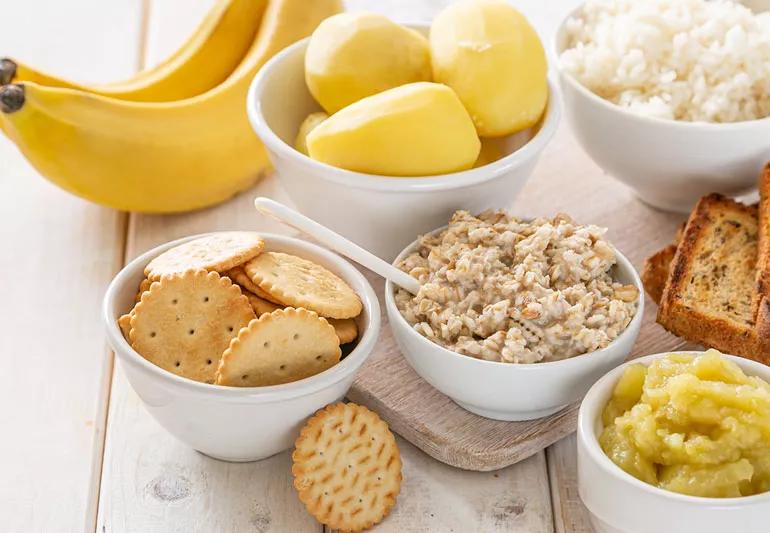Digestive discomfort can interfere with daily life, leaving you feeling heavy and uneasy. Exploring natural remedies for bloating and gas offers gentle relief without side effects. These remedies work by supporting the digestive process, reducing trapped air, and calming the stomach. From herbal teas to lifestyle changes, small adjustments can make a big difference. Understanding your body’s signals and making mindful choices allows you to reduce bloating naturally while promoting long-term gut health.

Understanding Bloating and Gas
Bloating happens when the stomach feels swollen due to trapped air or slow digestion. Gas builds up when food ferments in the intestines, often due to poor breakdown of carbohydrates or overeating. Stress, dehydration, and certain trigger foods worsen the problem. While occasional bloating is normal, frequent discomfort suggests the digestive system needs support. Recognizing these causes helps you address the issue directly. Natural solutions focus on improving digestion, restoring balance, and preventing excessive gas formation rather than masking the symptoms temporarily.
Herbal Teas for Relief
Herbs offer some of the most effective natural remedies for bloating and gas. Teas made from peppermint, ginger, or fennel seeds relax the digestive tract and allow gas to move freely. Peppermint reduces cramping, ginger stimulates enzyme activity, and fennel prevents fermentation in the intestines. Drinking a warm cup after meals soothes the stomach and promotes smoother digestion. These herbal infusions are safe, simple, and effective when taken consistently, making them a go-to choice for people who want natural digestive support.

Probiotics and Fermented Foods
A healthy microbiome plays a major role in reducing gas. Adding probiotics through fermented foods like yogurt, kefir, sauerkraut, or kimchi restores balance in gut bacteria. When harmful bacteria dominate, they produce excess gas, leading to bloating. Probiotics introduce beneficial bacteria that improve food breakdown and reduce fermentation. Over time, this creates smoother digestion and less discomfort. Pairing probiotics with prebiotic foods like bananas, oats, and garlic further strengthens the gut ecosystem. This combination not only prevents bloating but also improves overall immunity and nutrient absorption naturally.
Hydration and Fiber Balance
Drinking enough water is an underrated but powerful way to reduce bloating. Water helps fiber move through the intestines, preventing constipation, which often worsens gas. However, too much fiber without proper hydration can backfire and cause more bloating. The key is balance: include soluble fiber from foods like oats, chia seeds, and apples while drinking steady amounts of water throughout the day. Herbal water infusions with cucumber or mint also support digestion. This simple habit reduces heaviness and creates a smoother digestive rhythm naturally.
Gentle Movement and Breathing
Physical activity works as a natural remedy by stimulating gut motility. Light exercise like walking, stretching, or yoga reduces trapped gas and supports regular bowel movements. Specific yoga poses such as child’s pose or wind-relieving pose provide quick relief from abdominal pressure. Deep breathing exercises also relax the abdominal muscles, reducing tension that worsens bloating. Making gentle movement part of daily routine not only improves digestion but also lowers stress, which is another hidden trigger for excessive gas and stomach discomfort.
Eating Habits That Prevent Bloating
What you eat matters, but how you eat is equally important. Eating too fast, chewing poorly, or talking while eating causes you to swallow excess air, leading to bloating. Smaller, slower meals allow enzymes to work efficiently. Avoiding carbonated drinks, chewing gum, and heavily processed foods also reduces trapped gas. Mindful eating habits give your body the time it needs to digest properly. When paired with herbal remedies and probiotics, these habits create a powerful routine for long-term digestive comfort.
